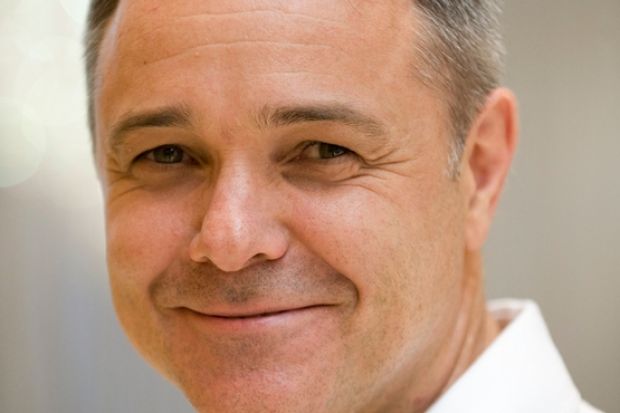The Wellcome Trust has announced significant changes to its funding schemes, including boosting support for early career researchers and introducing a new scheme for collaborative research.
The changes have been introduced following the appointment last year of Jeremy Farrar as the trust’s new director. First trailed in Dr Farrar’s blog in the summer, they have been the subject of “extensive consultation with the Wellcome Trust community”.
The trust, which spends upward of £600 million a year on biomedical research, will now split its “responsive mode” funding into five categories: people, institutions, and resources such as equipment, seeds and teams.
Dr Farrar said that as scientists’ “routes to excellence evolve, our approaches to backing that excellence must change too”.
On the new funding for team science, known as collaborative awards, he said: “Listening to our community, and my own experience, confirms that time and time again research led by teams achieves results beyond anything that could be done by a single individual – whether that be in combating the Ebola virus, tackling drug resistance, or assessing sexual attitudes and lifestyles. The new collaborative awards are designed to allow multiple researchers to come together, ideally from different disciplines, to work towards solutions which are more than the sum of their parts.”
The scheme will open for applications in the new year.
Dr Farrar also stressed the importance of supporting young researchers. For this reason, the trust will offer more of its Sir Henry Wellcome postdoctoral fellowships and its Sir Henry Dale early career fellowships. It will also merge its New Investigator Awards, aimed at relatively junior principal investigators, with its Senior Investigator Awards.
“Across our funding framework we want to make sure the right scheme is available whatever your idea or your career stage,” Dr Farrar said.
Meanwhile, a new “seed” funding stream will service “researchers who have an innovative idea that they need a smaller amount of funding for in order to develop it into something more robust”, Dr Farrar said.
“By nurturing this riskier stage of the research process the Wellcome Trust can encourage more of the best ideas to flourish and develop into larger projects that can really make a difference,” he said.
The trust will also make a clearer distinction between strategic and responsive mode funding.
“Sometimes, the trust’s best route to advancing health will be to identify critical questions, and then to invite applications from those who are best equipped to answer them,” Dr Farrar said.
“That is why we are creating a clearer road map for inviting applications for strategic awards that advance our biggest priorities.” This will “normally involve invited applications, though we are encouraging researchers with ideas that might fit our strategic priorities to discuss with us how these might best develop.”
But Dr Farrar stressed that responsive funding would continue to make up the majority of the trust’s spending, since “we understand that our community will more often ask better questions that we can”.
The trust will also introduce new schemes to “encourage the development of portfolios of translational research projects and sustained excellence in public engagement”, and is examining how to improve its funding for clinical researchers and its core-funded centres.
Register to continue
Why register?
- Registration is free and only takes a moment
- Once registered, you can read 3 articles a month
- Sign up for our newsletter
Subscribe
Or subscribe for unlimited access to:
- Unlimited access to news, views, insights & reviews
- Digital editions
- Digital access to THE’s university and college rankings analysis
Already registered or a current subscriber?




